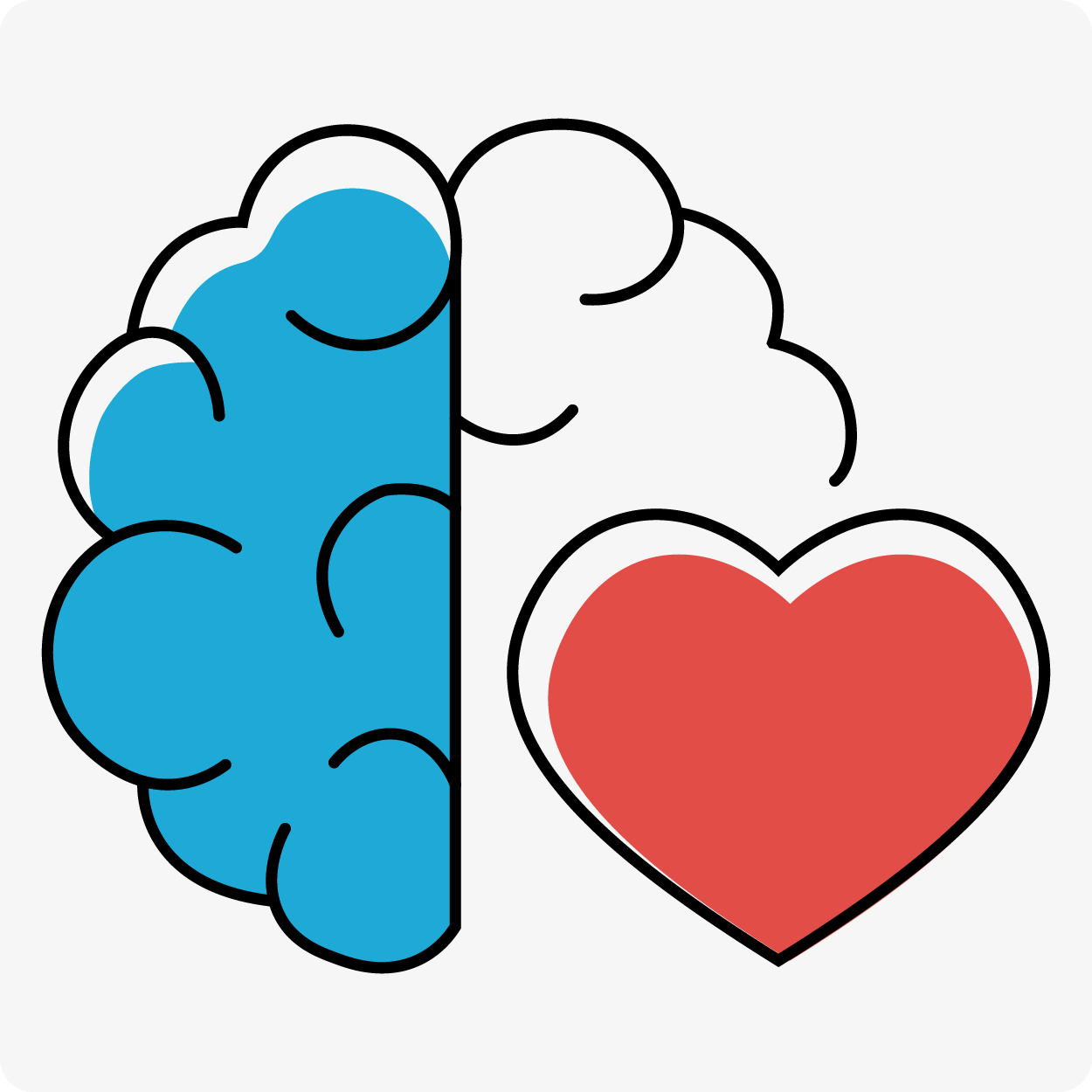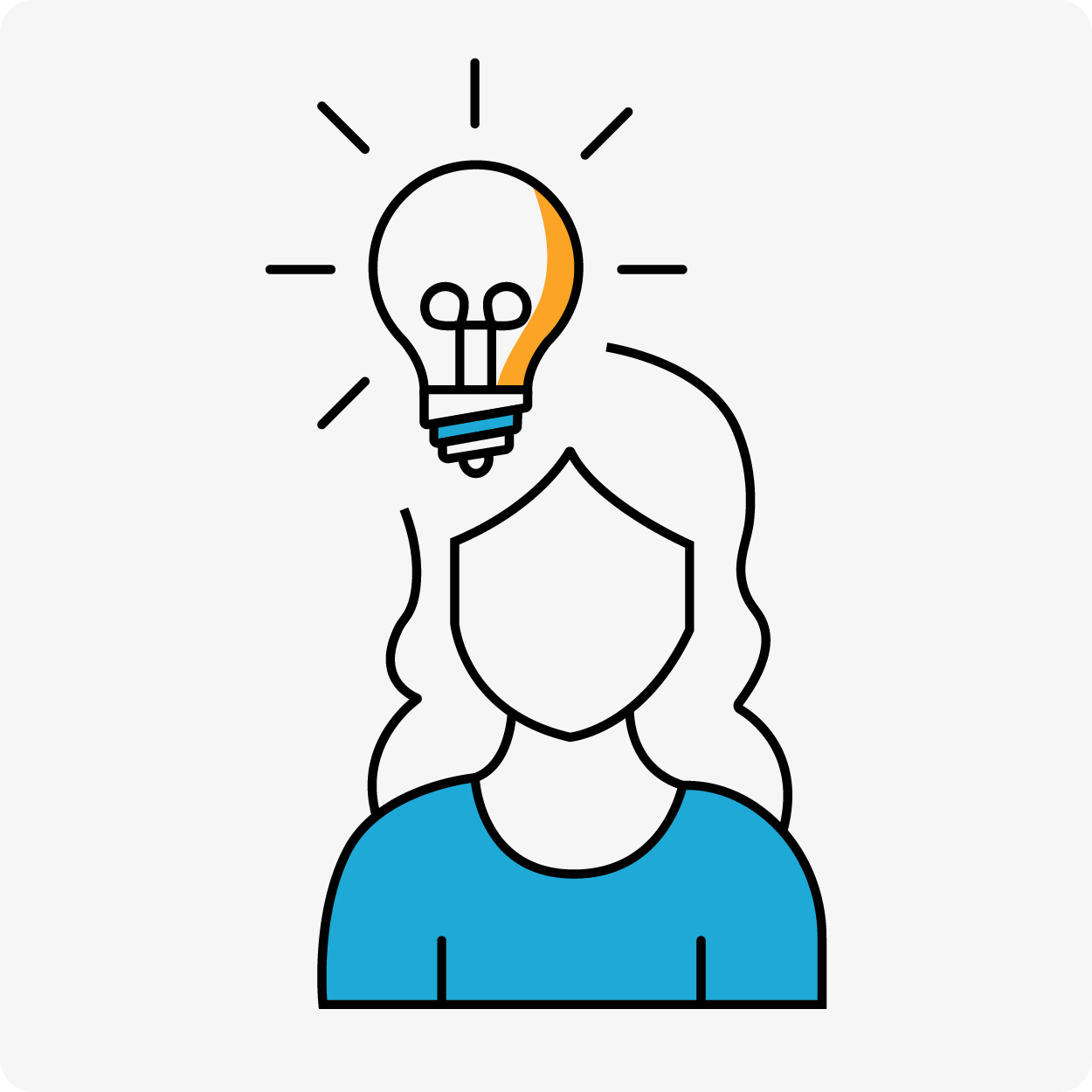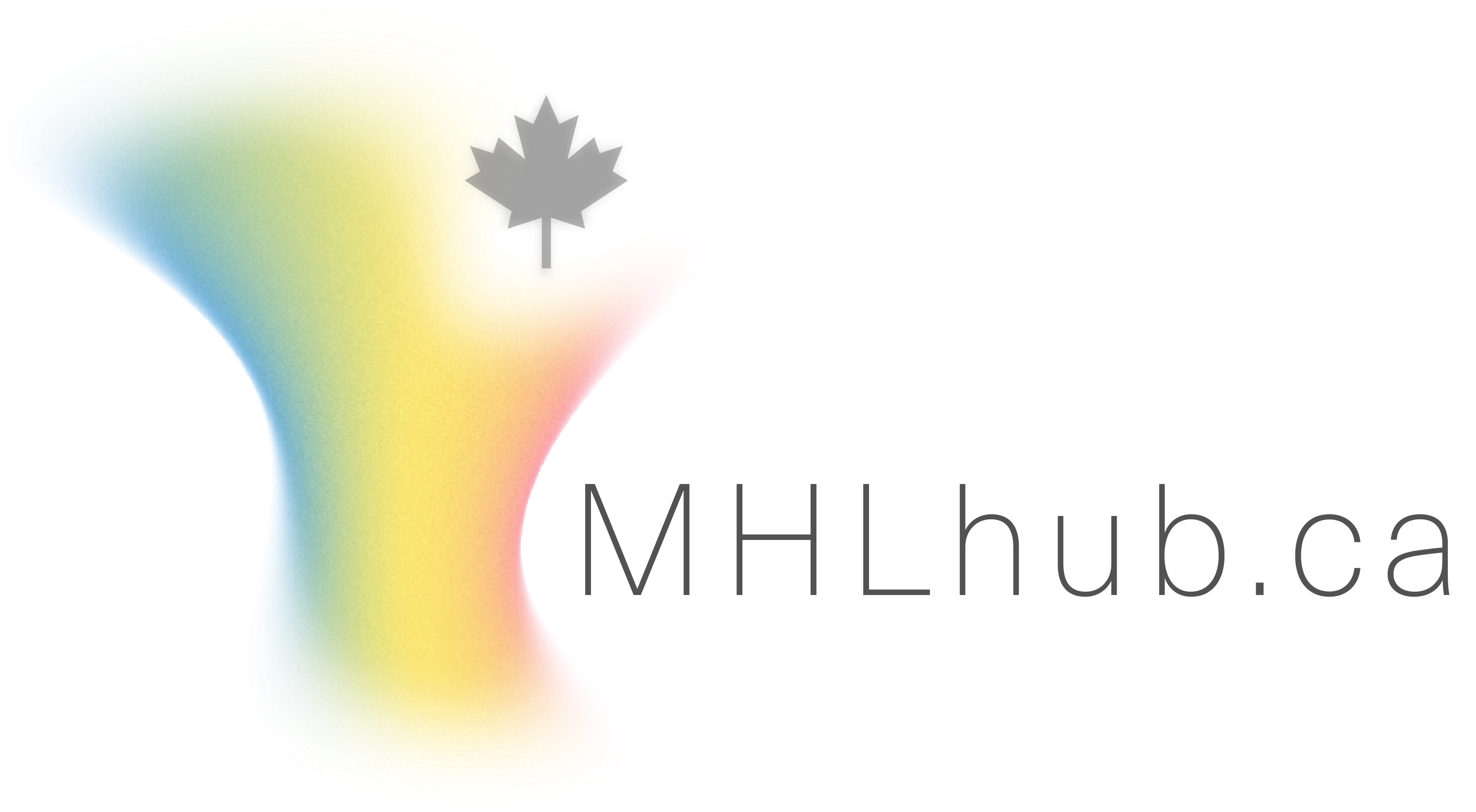Mental Health Literacy (MHL) is a strong foundation for mental health promotion, prevention, and improved outcomes in mental health care. MHL comprises the following key pillars:

Achieving and Maintaining Positive Mental Health

Improving Understanding of Mental Disorders and Treatments

Reducing Stigma About Mental Disorders

Enhancing the Ability to Seek Appropriate Help for Oneself or Others, Often Referred to as Help-Seeking Efficacy
